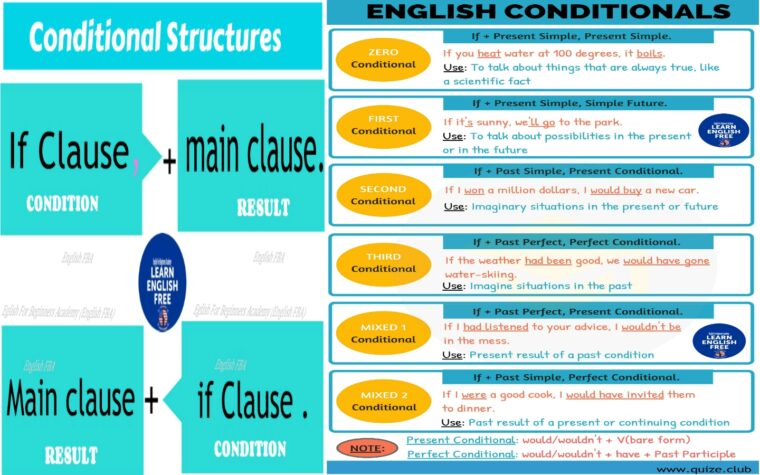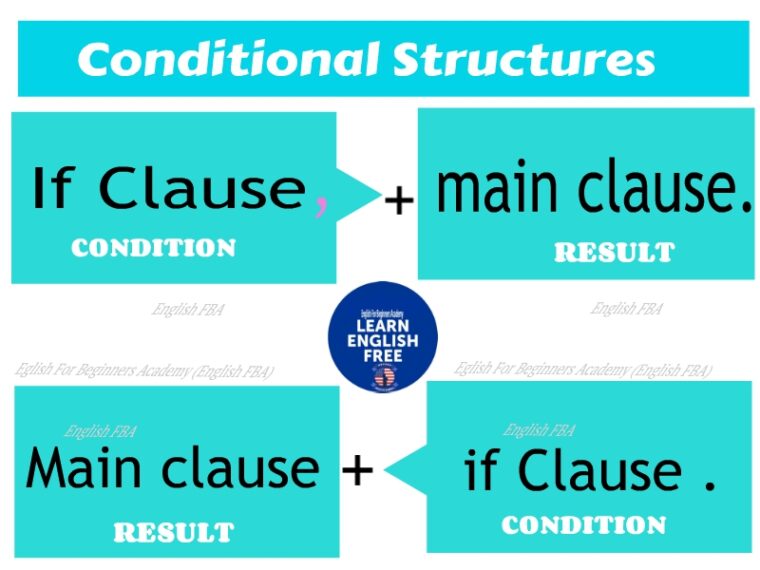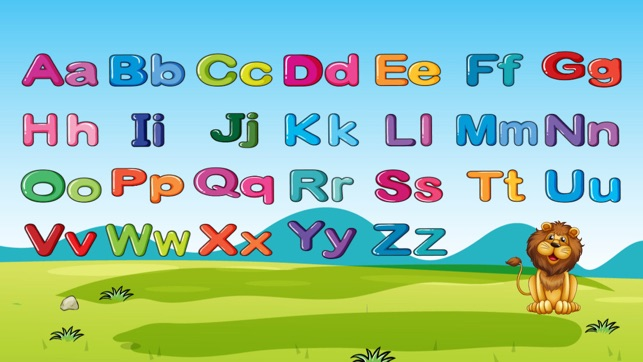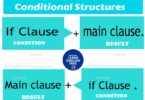Free Lesson:
An Overview Of Conditionals In English

Hello and welcome back to English FBA (English For Beginners Academy).
In Today’s lesson, we will be talking about: An Overview Of Conditionals In English.
Objective:
You will learn:
- The definition of a conditional sentence.
- The different types of conditionals.
Introduction
Conditionals can be a challenging and confusing aspect of the English language to grasp. The following sections cover the concept of conditionals and an overview of the different types of conditionals in the English language.
Structure of Conditional Sentences
- There are several structures in English that we call conditionals or if-clauses.
- The word “condition” means “situation or circumstance”.
- If a particular condition is true, then a particular result happens. In other words, one depends on the other.
- Conditionals are made using different English verb tenses.
The structure of most conditionals is very simple. There are two basic possibilities.
Of course, we add many words and can use various tenses, but the basic structure is usually like this:

Note!
Notice the use of a comma(,) in the first sentence.
Example 1:If I have money,⇓ I will buy a car.
In the second sentence, we do not normally use a comma.
Example 2:I will buy a car if I have money.
Please click the arrow to open the next page and continue reading
SHARE
[Sassy_Social_Share]





